Home>Garden Essentials>What Birds Like Safflower Seed
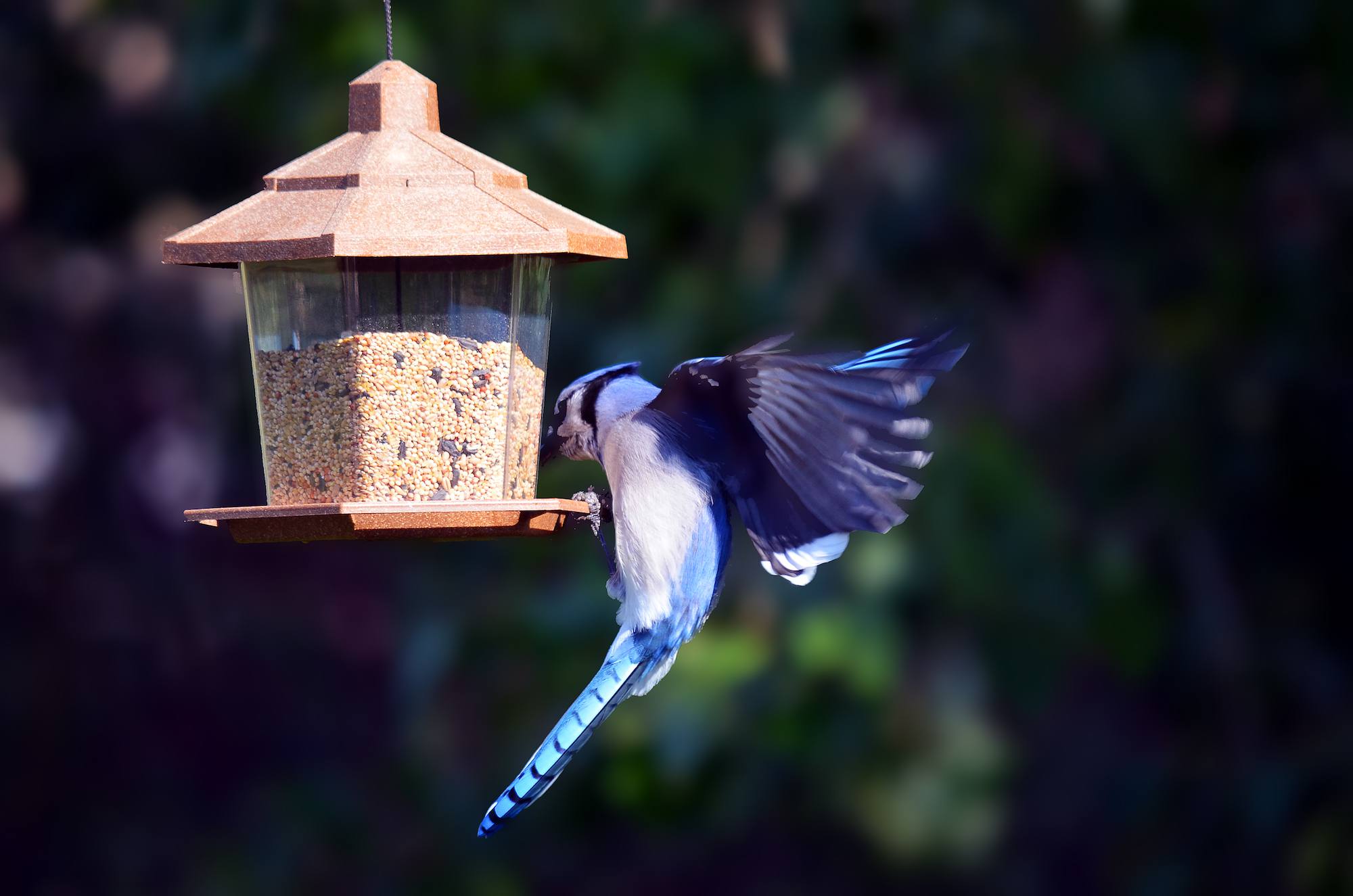

Garden Essentials
What Birds Like Safflower Seed
Modified: March 15, 2024
Discover what birds like safflower seed in your garden and attract a wide variety of feathered friends with this nutritious and preferred bird food choice.
(Many of the links in this article redirect to a specific reviewed product. Your purchase of these products through affiliate links helps to generate commission for Storables.com, at no extra cost. Learn more)
Introduction
When it comes to attracting birds to your garden, offering them a variety of seeds is an effective way to entice a wide range of species. While options like sunflower seeds and nyjer seeds are commonly used, there is another often overlooked option that can be just as enticing: safflower seed. In this article, we will explore what safflower seed is, why it is a great choice for bird feeders, and how you can use it to attract a diverse array of avian visitors to your garden.
Safflower seed is derived from the safflower plant (Carthamus tinctorius), which is native to the Middle East and is widely cultivated for various purposes. The plant produces bright yellow or orange flowers, and once the flower heads mature and dry, they yield small, hard-shelled seeds that are a valuable source of nutrition for birds.
So why should you consider using safflower seed in your bird feeders? One of the main reasons is that it is disliked by squirrels. Squirrels are notorious for raiding bird feeders and consuming the seeds meant for our feathered friends, leading to frustration for many bird enthusiasts. However, squirrels tend to avoid safflower seeds due to their slightly bitter taste and harder shell, making safflower a great option for those looking to discourage squirrels while still attracting birds to their feeders.
Additionally, safflower seed is highly nutritious and appeals to a wide variety of bird species. It is particularly favored by larger birds such as cardinals, grosbeaks, and finches, but many other species, including doves, towhees, and sparrows, will also readily consume safflower seeds. This makes it an ideal choice for those looking to attract a diverse range of birds to their garden.
Using safflower seed in your bird feeders has several benefits. First and foremost, it provides a valuable food source for birds, especially during harsh winters when natural food supplies may be scarce. By offering safflower seed, you can help sustain local bird populations and contribute to their overall well-being.
Furthermore, using safflower seed can help deter unwanted bird species such as grackles and blackbirds. These birds tend to avoid safflower seeds, which means by offering this seed, you can effectively target the birds you want in your garden while keeping those you’d rather not have around at bay.
In the following sections, we will delve into the types of birds that prefer safflower seed, how to attract them using safflower, tips for using safflower seed in bird feeders, and address common concerns and FAQs about using safflower seed for birds. So, without further ado, let’s dive into the world of safflower seed and discover the wonders it can bring to your bird-watching experience.
Key Takeaways:
- Safflower seed is a nutritious and versatile option for bird feeders, attracting a wide variety of bird species while deterring squirrels and unwanted birds. It provides essential nutrients and enhances the bird-watching experience.
- By using safflower seed in bird feeders, you can create a welcoming environment for birds, offering year-round nutrition and attracting colorful visitors to your garden. It also helps deter squirrels and unwanted bird species, making it a valuable addition to your bird-feeding routine.
Read more: Which Birds Eat Safflower Seeds
What is Safflower Seed?
Safflower seed is the small, hard-shelled seed derived from the safflower plant (Carthamus tinctorius). The safflower plant is a thistle-like annual crop that is native to the Middle East but is now cultivated in many regions around the world for its various uses. While safflower is primarily grown for its oil-rich seeds, it is also valued for its vibrant flowers, which range in color from bright yellow to orange.
The seeds of safflower plants are harvested once the flower heads have matured and dried. These seeds are rich in nutrients and are a popular choice for bird feeders due to their appeal to a variety of bird species.
Safflower seeds themselves are small and oval-shaped, with a tough outer shell that protects the inner kernel. The outer hull of the seed can vary in color, ranging from white to tan, and is relatively difficult for smaller birds to crack. However, larger species with stronger beaks, such as cardinals and grosbeaks, can easily access the nutritious kernel inside.
It’s worth noting that safflower seeds can be purchased in different forms, including hulled and un-hulled. Hulled safflower seeds are the inner kernel without the tough outer shell, which makes them more accessible for a wider range of bird species. Un-hulled safflower seeds, on the other hand, keep the protective outer shell intact, providing added challenge and enrichment for birds that enjoy cracking seeds to access their tasty contents.
When it comes to nutritional value, safflower seeds offer a good mix of carbohydrates, proteins, and fats, making them an excellent energy source for birds. They also contain essential vitamins and minerals, including vitamin E, which is beneficial for their overall health and well-being.
Overall, safflower seed is a popular choice among bird enthusiasts, thanks to its nutritional value and its appeal to a wide range of bird species. Whether you offer hulled or un-hulled safflower seeds, you can rest assured that you are providing a high-quality food source that will attract a diverse array of feathered visitors to your garden.
Why Use Safflower Seed for Birds?
There are several compelling reasons to use safflower seed as part of your bird feeding regimen. Let’s explore why safflower seed is a great choice for attracting and nourishing birds in your garden:
- Squirrel Deterrent: Squirrels can be a nuisance when it comes to bird feeders, often monopolizing the food meant for birds. However, one great advantage of safflower seed is that squirrels tend to dislike it. The slightly bitter taste and hard shell of safflower seeds make them less appealing to squirrels, giving your feathered friends a better chance at enjoying their meal undisturbed.
- Attracts a Variety of Birds: Safflower seed appeals to a wide range of bird species, making it a versatile choice for attracting different types of birds to your garden. Larger birds like cardinals, grosbeaks, and jays are particularly fond of safflower seeds. However, you’ll also find a variety of smaller species, such as finches, chickadees, and sparrows, enjoying these seeds. By offering safflower seed, you can create a welcoming environment that attracts a diverse array of colorful, song-filled visitors.
- Deters Undesirable Birds: If you’re dealing with unwanted bird species, such as grackles or blackbirds, safflower seed can help deter them. These birds typically have a distaste for safflower seeds, so by offering this seed in your feeders, you can selectively attract the species you desire while deterring those you’d rather not have in your garden.
- Rich in Nutrients: Safflower seeds are packed with essential nutrients that birds need for optimal health. They are a great source of carbohydrates, proteins, and healthy fats, which provide birds with the energy they need to thrive. Additionally, safflower seeds contain important vitamins and minerals, including vitamin E, which supports their overall well-being.
- Year-Round Feeding: Safflower seed is suitable for year-round feeding. Whether you’re feeding birds during the winter months when natural food sources may be scarce, or in the warmer seasons when birds are nesting and raising their young, safflower seed provides a consistent and reliable source of nutrition to support the avian population in your area.
Overall, safflower seed is a valuable addition to your bird feeder repertoire. From deterring squirrels and unwanted bird species to attracting a variety of desired birds and providing them with essential nutrients, safflower seed offers a multitude of benefits. Consider incorporating safflower seed into your bird feeding routine, and watch as your garden becomes a thriving hub of avian activity.
Types of Birds That Prefer Safflower Seed
Safflower seed is a popular choice among a wide variety of bird species. While different birds have individual feeding preferences, safflower seed tends to attract several common types of birds. Let’s explore some of the birds that prefer safflower seed:
- Cardinals: Cardinals are known for their vibrant red plumage and beautiful song. They are frequent visitors to bird feeders, and safflower seed is a particular favorite of these stunning birds. Cardinals have strong beaks that allow them to crack open the tough shell of safflower seeds with ease.
- Grosbeaks: Both the Rose-breasted Grosbeak and the Blue Grosbeak are large, chunky birds with sturdy beaks designed for cracking open seeds. They have an affinity for safflower seeds and will happily visit feeders stocked with this nutritious treat.
- Finches: Several finch species are partial to safflower seed. This includes American Goldfinches, House Finches, and Purple Finches. These small, colorful birds are a delight to watch as they cling to feeders and extract the seeds from the shells with their nimble beaks.
- Doves: Mourning Doves and Eurasian Collared-Doves are larger birds that are known for their gentle cooing sounds and peaceful demeanor. While they may not have the ability to crack safflower seed shells themselves, they readily consume the exposed kernel once the shells have been opened by other birds or through the use of hulled safflower seeds.
- Jays: Blue Jays and Steller’s Jays are intelligent and striking birds with vibrant blue plumage. They have a fondness for safflower seeds and will readily visit feeders that offer this tasty treat. Their strong beaks allow them to crack open the shells and access the nutritious contents inside.
- Woodpeckers: Varieties of woodpeckers, such as the Downy Woodpecker and the Red-bellied Woodpecker, may also be attracted to safflower seeds. These birds are skilled at using their strong beaks to tap and drill into tree bark, and they can easily crack open safflower seeds to reach the kernel.
While the birds listed above are common visitors to safflower seed feeders, it’s important to note that individual bird preferences can vary. Other bird species may also show an interest in safflower seeds based on their local habitat, seasonal food availability, and personal preferences.
To attract a diverse range of bird species to your garden, it’s often recommended to offer a variety of seed options, including safflower seed, alongside other popular choices like sunflower seeds, nyjer seeds, and millet. This way, you can cater to a broader spectrum of birds and enjoy the beauty and diversity they bring to your outdoor space.
Benefits of Feeding Birds Safflower Seed
Feeding birds safflower seed offers numerous benefits for both the avian visitors to your garden and for you as a bird enthusiast. Let’s explore some of the advantages of incorporating safflower seed into your bird feeding routine:
- Nutritional Value: Safflower seeds are packed with essential nutrients that birds need for their overall health and well-being. They are a rich source of carbohydrates, proteins, and healthy fats, offering birds the energy they require to thrive. Safflower seeds also contain important vitamins and minerals, such as vitamin E, which contribute to the optimal health of our feathered friends.
- Attracts a Wide Variety of Birds: Safflower seed is a popular choice among a diverse range of bird species. It appeals to larger birds with powerful beaks, such as cardinals and grosbeaks, as well as to smaller finches, chickadees, and sparrows. By offering safflower seed, you can attract a wide array of colorful and melodious birds to your garden, enhancing the biodiversity and beauty of your outdoor space.
- Squirrel Deterrent: One significant advantage of safflower seed is its ability to deter squirrels. Squirrels are notorious for raiding bird feeders and consuming the seeds meant for birds. However, safflower seed has a slightly bitter taste and a harder shell, making it less appealing to squirrels. By using safflower seed, you can help ensure that your feathered visitors get their fair share of the food, undisturbed by pesky squirrels.
- Discourages Undesirable Bird Species: In addition to deterring squirrels, safflower seed can also discourage unwanted bird species, such as grackles and blackbirds. These birds typically find safflower seeds unpalatable and may be less likely to visit feeders where safflower is the primary offering. By using safflower seed, you can attract the birds you desire while minimizing visits from less desirable species.
- Year-Round Feeding: Safflower seed is suitable for year-round feeding. Whether you live in a region with harsh winter weather or enjoy milder climates, safflower seed provides a consistent and reliable food source for birds throughout the year. This is especially important during the winter months when natural food supplies may be scarce, helping to sustain local bird populations through the colder seasons.
- Enhances Bird-Watching Experience: Feeding birds safflower seed offers the opportunity to observe and appreciate a wide variety of bird species up close. The vibrant colors, interesting behaviors, and melodious songs of the birds that are attracted to safflower seed can bring joy and a sense of tranquility to your garden. Bird-watching can be a calming and rewarding hobby, and safflower seed can enhance this experience by attracting a diverse range of avian visitors to your backyard.
In summary, feeding birds safflower seed is a win-win situation. It provides essential nutrients for the birds, attracts a diverse array of species, deters squirrels and undesired bird species, supports the avian population year-round, and enhances your own bird-watching experience. Consider adding safflower seed to your bird feeders and enjoy the many benefits it brings to both you and your feathered friends.
Safflower seeds are favored by cardinals, chickadees, and grosbeaks. To attract these birds, offer safflower seeds in a feeder with a larger perch to accommodate their size.
Read more: What Birds Like Black Oil Sunflower Seeds
How to Attract Birds with Safflower Seed
If you want to attract birds to your garden using safflower seed, there are several steps you can take to create an enticing environment. Follow these tips to maximize the chances of attracting a diverse range of bird species:
- Choose the Right Bird Feeders: Selecting the right bird feeders is crucial for attracting birds to your garden. Look for feeders with openings large enough for birds to access safflower seeds but with mechanisms that prevent squirrels and larger birds from monopolizing the food. Tube feeders or hopper feeders with safflower-specific baffles or weight-activated perches can be effective in providing access to smaller birds while deterring unwanted visitors.
- Offer a Variety of Feeder Styles: Different bird species may have specific feeding preferences, so offering a variety of feeder styles can attract a wider range of birds. Consider adding platform feeders, tray feeders, or mesh feeders to your collection, in addition to tube or hopper feeders. Varying the feeder types and locations throughout your garden will accommodate different bird sizes and feeding behaviors.
- Place Feeders in Strategic Locations: Position your feeders in locations that are easily visible to birds and offer them a sense of security. Place feeders near natural cover, such as trees, shrubs, or dense foliage, where birds can retreat if they feel threatened. Additionally, locate feeders away from areas where predators may lurk, such as dense bushes, to provide birds with a safe feeding environment.
- Maintain a Clean Feeding Area: Birds appreciate a clean and hygienic feeding area. Regularly clean your bird feeders and remove any spilled or moldy seeds. Moldy seeds can be harmful to birds, so it’s crucial to keep the feeding area tidy to ensure the health and well-being of your feathered visitors.
- Offer Fresh Water: Birds not only need food but also require water for drinking and bathing. Providing a source of fresh water, such as a birdbath or shallow dish with clean water, can attract birds to your garden. Consider placing the birdbath near the feeders to create a convenient and inviting oasis for birds to drink and cool off.
- Plant Native Trees, Shrubs, and Flowers: Native plants offer not only food sources in the form of fruits, berries, and nectar but also provide shelter and nesting sites for birds. Incorporate a variety of native trees, shrubs, and flowers into your garden landscape to appeal to a wider range of bird species. This natural habitat will make your garden more appealing and increase the chances of attracting birds that are attracted to safflower seeds.
- Be Patient and Persistent: Attracting birds to your garden may take some time and persistence. It can take a while for birds to discover the feeders and develop a routine of visiting your garden. Be patient and consistent with your offerings and maintenance, and soon enough, word will spread among the avian community, and more birds will start visiting your feeders.
By implementing these strategies, you can create an inviting environment that is likely to attract a delightful variety of birds to your garden. Enjoy the beauty and interactions of these feathered visitors as they gather to enjoy the safflower seeds you provide.
Tips for Using Safflower Seed in Bird Feeders
Using safflower seed in bird feeders can be a rewarding experience that attracts a wide variety of bird species to your garden. Here are some tips to help you make the most of using safflower seed in your feeders:
- Choose High-Quality Safflower Seed: Opt for high-quality safflower seed from a reputable source. Fresh, clean, and untainted safflower seeds will be more attractive to birds and ensure that they receive the maximum nutritional benefits.
- Consider Hulled Safflower Seed: If you want to cater to a wider range of bird species, consider offering hulled safflower seed. Hulled seeds have had the outer shell removed, making it easier for smaller birds with less powerful beaks to access the seed. However, keep in mind that hulled seeds can be more susceptible to moisture and spoilage, so monitor your feeders regularly to maintain freshness.
- Offer Un-hulled Safflower Seed: If you want to provide a challenge and enrichment for the birds that visit your feeders, use un-hulled safflower seed. This type of seed keeps the protective outer shell intact, requiring birds with stronger beaks to crack it open to access the kernel inside.
- Rotate Safflower Seed with Other Seed Types: To attract a greater variety of bird species, rotate safflower seed with other preferred seed types like sunflower seeds, nyjer seeds, or millet. This provides options for different birds with varying feeding preferences and enriches the feeding experience for a wider range of avian visitors.
- Start with Small Amounts: If you’re introducing safflower seed to your bird feeders for the first time, start with smaller amounts to gauge the interest of the birds in your area. Gradually increase the quantity as you observe which birds are attracted to the safflower seed, ensuring that there is no wastage or spoilage of excess seed.
- Monitor and Clean Feeders Regularly: Regularly monitor your feeders to ensure that they are filled with fresh safflower seed and free from moisture or mold. Clean the feeders on a consistent basis to prevent the build-up of debris or bacteria that could potentially harm the birds. This will help to maintain a hygienic feeding area and minimize the risk of disease transmission.
- Keep Feeders Well-Stocked: Birds learn to rely on feeders as a food source, so it’s essential to keep them well-stocked, especially during times of food scarcity such as winter. Regularly check the feeders and refill them as needed to ensure a steady supply of safflower seed for your feathered visitors.
By following these tips, you can optimize the use of safflower seed in your bird feeders, preserving its freshness and appeal to a wide range of bird species. Sit back, relax, and enjoy the delightful sights and sounds of the birds as they flock to your feeders to indulge in the nutritious safflower seed you’ve provided.
Common Concerns and FAQs about Safflower Seed for Birds
Using safflower seed in bird feeders can raise some questions and concerns. Here, we address common concerns and answer frequently asked questions about safflower seed for birds:
- Will all birds eat safflower seed?
While safflower seed is generally appealing to many bird species, individual birds may have their own preferences. Some birds, particularly larger species with stronger beaks, such as cardinals and grosbeaks, readily consume safflower seeds. However, smaller birds like finches and sparrows may take some time to develop a taste for safflower seed. Patience and persistence can help attract a wider variety of birds. - Can safflower seed go bad?
Safflower seed can spoil if it becomes wet or is exposed to moisture. Moldy safflower seed can be harmful to birds, so it’s important to monitor your feeders and remove any spoiled or moldy seeds. Regularly cleaning and replacing the safflower seed in your feeders will help maintain its freshness and prevent spoilage. - Will safflower seed attract squirrels?
Squirrels generally do not have a strong preference for safflower seed due to its slightly bitter taste and harder shell. While some persistent squirrels may give it a try, safflower seed is often an effective deterrent for them. Using safflower seed in your feeders can help reduce the chances of squirrels monopolizing the food meant for birds and increase the likelihood of avian visitors. - Can safflower seed attract unwanted bird species?
While safflower seed tends to deter certain bird species, it may not completely eliminate their presence. Some birds, like grackles and blackbirds, may still visit your feeders, especially if there are no alternative food sources available. However, their visits are typically reduced when safflower seed is offered. If unwanted bird species are a concern, consider using feeders with safflower-specific baffles or weight-activated perches to deter them further. - Is safflower seed more expensive than other bird seeds?
Safflower seed can sometimes be more expensive than other commonly used bird seeds like sunflower seeds or millet. However, it’s important to note that safflower seed can help deter squirrels and certain unwanted bird species, which can ultimately help reduce overall seed waste. Additionally, the benefits of attracting a variety of bird species to your garden may outweigh the marginal difference in cost. - Can safflower seed be used in different types of bird feeders?
Yes, safflower seed can be used in various types of bird feeders, including tube feeders, hopper feeders, platform feeders, and tray feeders. Ensure that the feeders you choose have appropriate openings and mechanisms to prevent spillage and keep the seed dry. Offering a variety of feeder styles can accommodate different bird sizes and feeding behaviors, increasing the chances of attracting a diverse range of feathered visitors.
By addressing these concerns and answering frequently asked questions, we hope to provide clarity and guidance on using safflower seed for birds. Experimenting with safflower seed in your feeders can be an exciting journey, and observing the wide variety of birds it attracts can bring joy and fulfillment to your bird-watching experience.
Conclusion
Using safflower seed in your bird feeders is a wonderful way to attract and nourish a diverse range of bird species in your garden. With its nutritional value, versatility, and benefits, safflower seed proves to be an excellent choice for bird enthusiasts. Here’s what we’ve learned:
Safflower seed offers a nutritious food source for birds, supplying them with essential carbohydrates, proteins, and healthy fats. Additionally, safflower seeds are rich in vitamins and minerals that contribute to the overall health and well-being of our feathered friends.
Attracting birds with safflower seed is made easier by its appeal to a wide variety of species. From vibrant cardinals and grosbeaks to delightful finches and doves, safflower seed entices an array of birds of various sizes and feeding preferences. Even larger birds like jays and woodpeckers find safflower seeds irresistible.
Safflower seed also offers several advantages for bird enthusiasts. Its unpalatable taste and hard shell act as a deterrent for squirrels, minimizing their presence at the feeders. Safflower seed can also discourage unwanted bird species, allowing you to selectively attract the birds you desire while reducing visits from less desirable species.
Feeding birds safflower seed creates a year-round feeding opportunity. Whether during harsh winters or when natural food supplies are limited, safflower seed provides a consistent and reliable source of nutrition for the avian population in your area.
To maximize the effectiveness of safflower seed in attracting birds, it’s important to choose the right bird feeders, offer a variety of feeder types, position the feeders strategically, and maintain a clean feeding area. Providing fresh water and planting native trees, shrubs, and flowers further enhance the appeal of your garden to feathered visitors.
While there may be common concerns and questions about using safflower seed, addressing them demonstrates that safflower seed is a valuable addition to your bird-feeding repertoire. With proper management and patience, safflower seed can help create a thriving and visually captivating garden filled with beautiful birds.
In conclusion, incorporating safflower seed in your bird feeders is a rewarding endeavor. By providing birds with a nutritious and enticing food source, you can invite a diverse array of feathered friends to your garden, enriching your outdoor space and your own bird-watching experience. So, grab your safflower seed and get ready to welcome a colorful chorus of birds into your backyard.
Frequently Asked Questions about What Birds Like Safflower Seed
Was this page helpful?
At Storables.com, we guarantee accurate and reliable information. Our content, validated by Expert Board Contributors, is crafted following stringent Editorial Policies. We're committed to providing you with well-researched, expert-backed insights for all your informational needs.
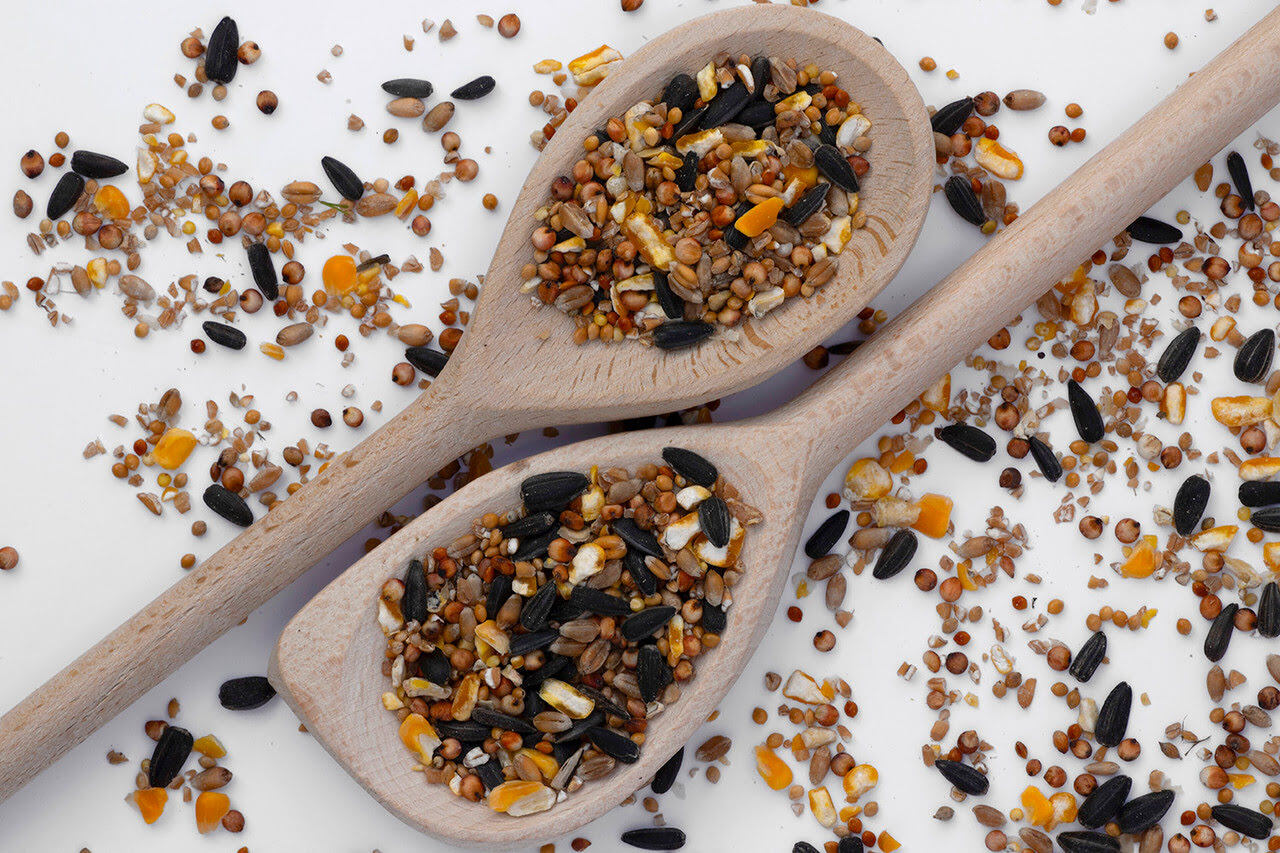
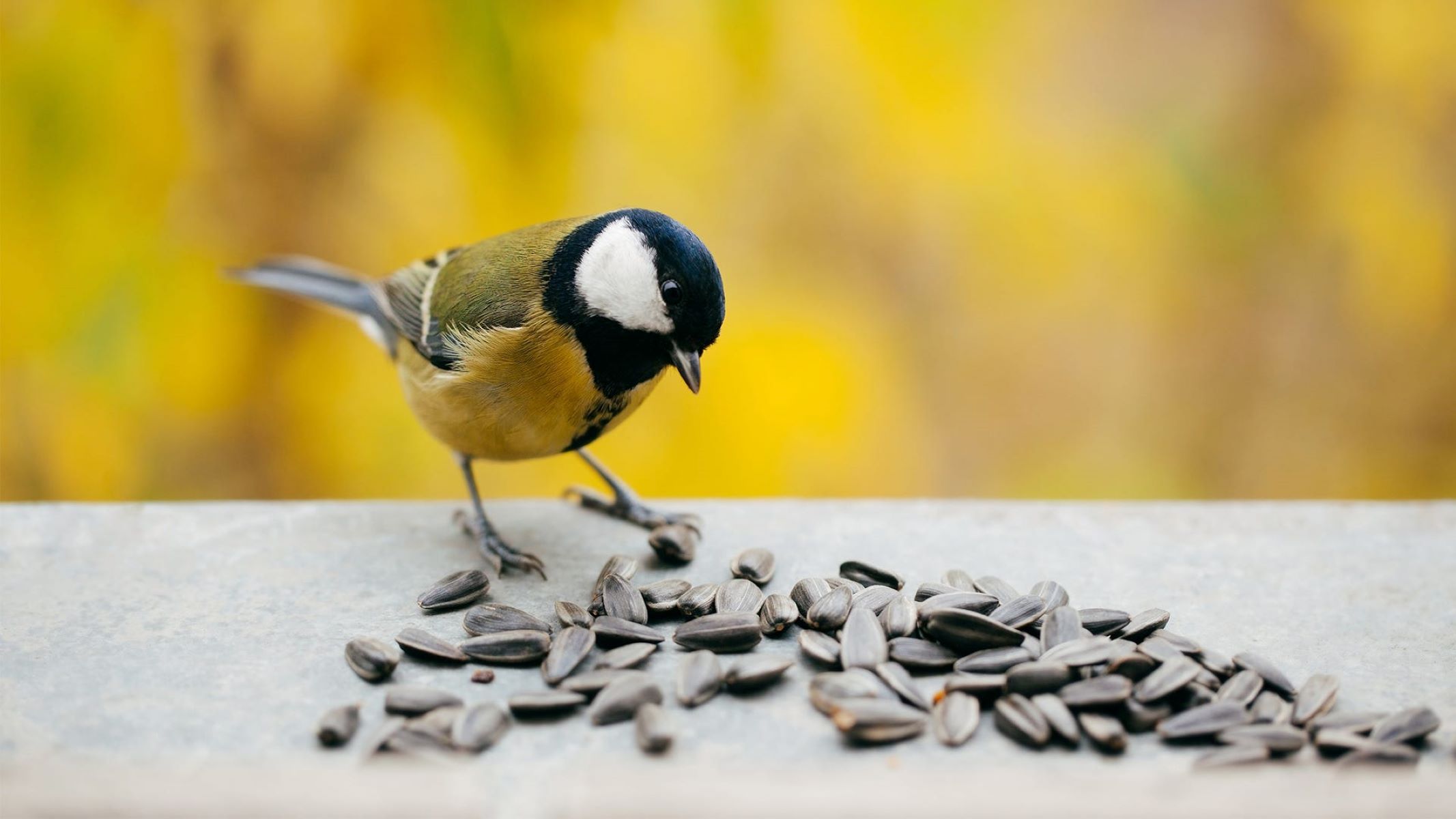
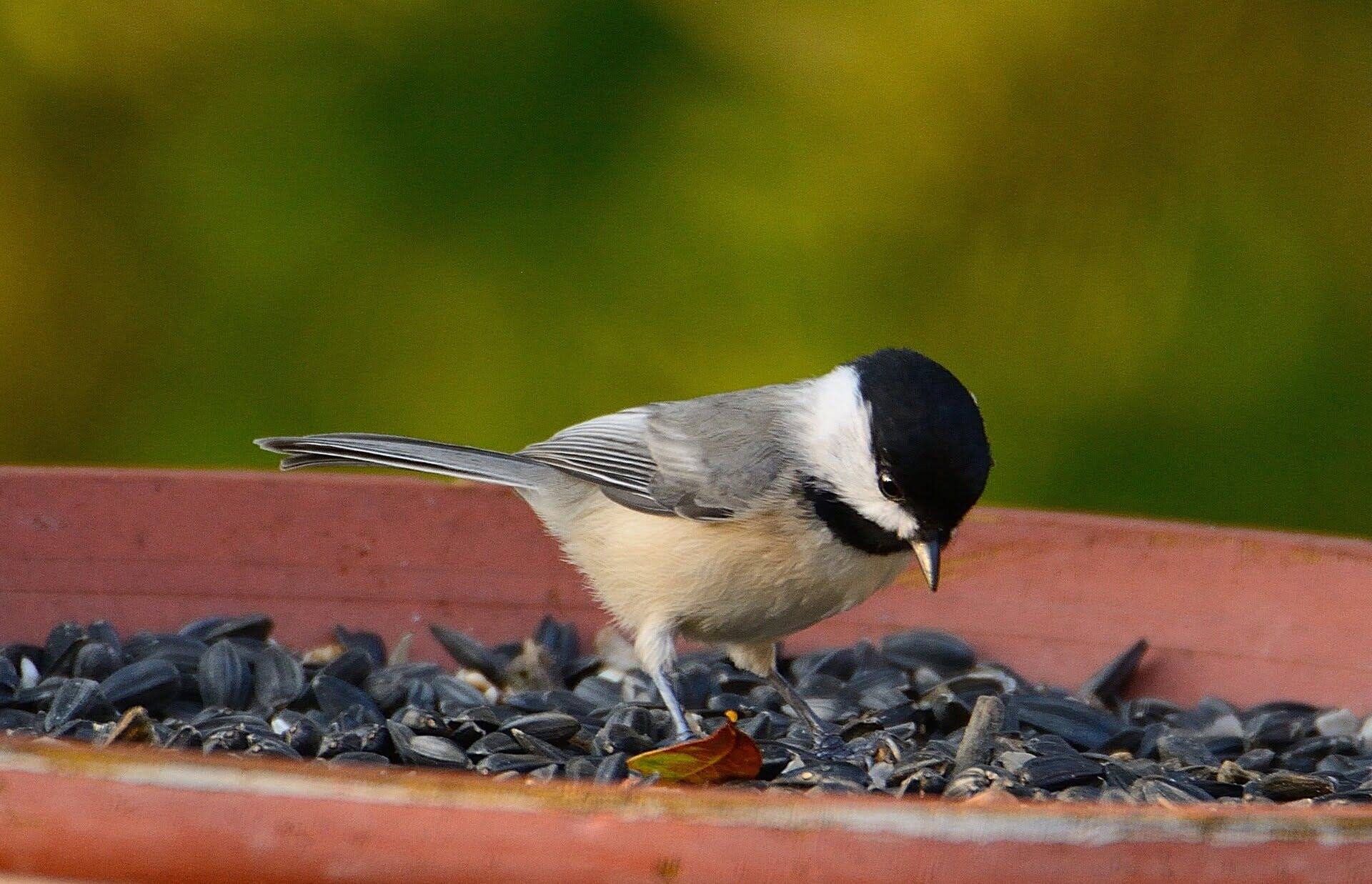
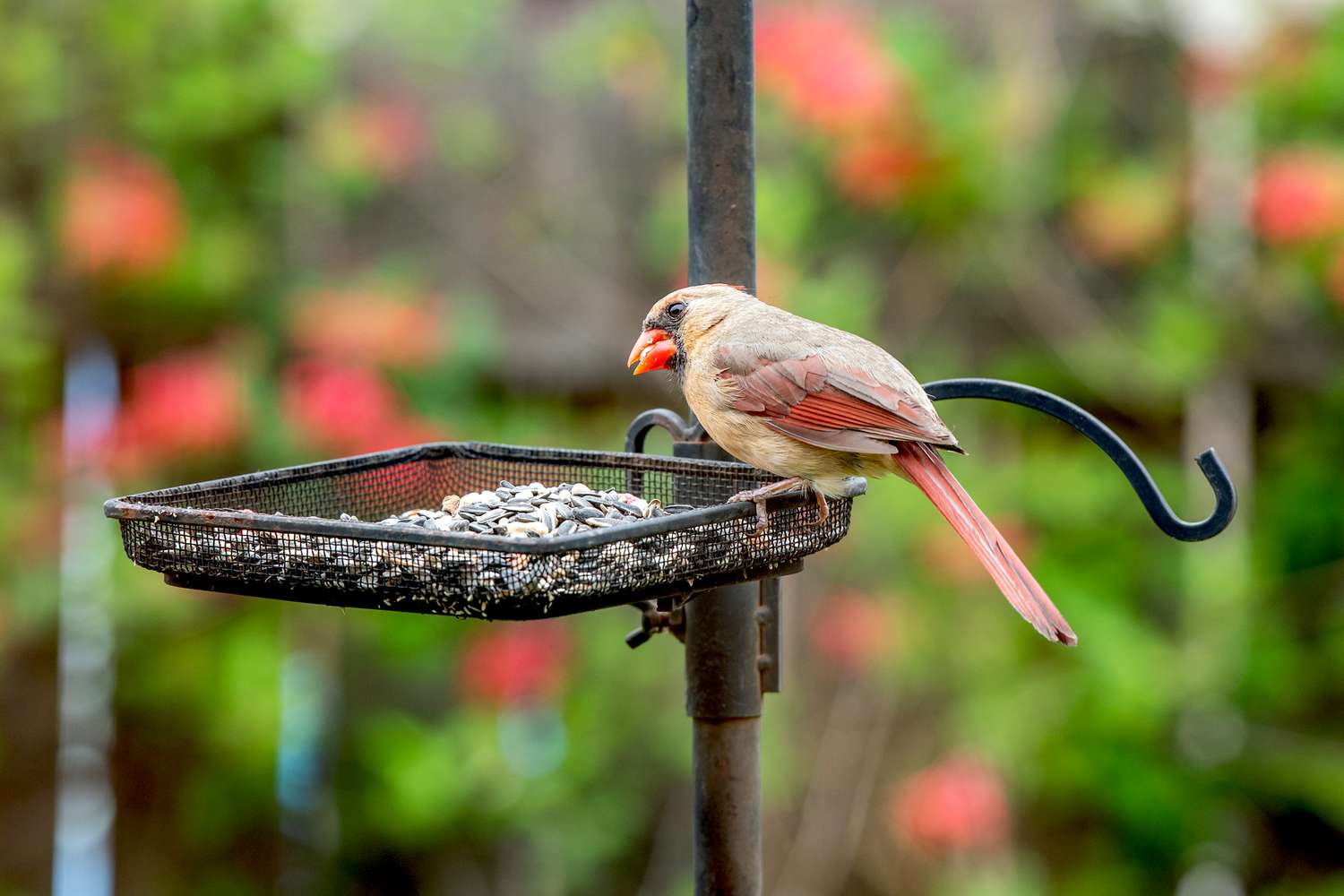
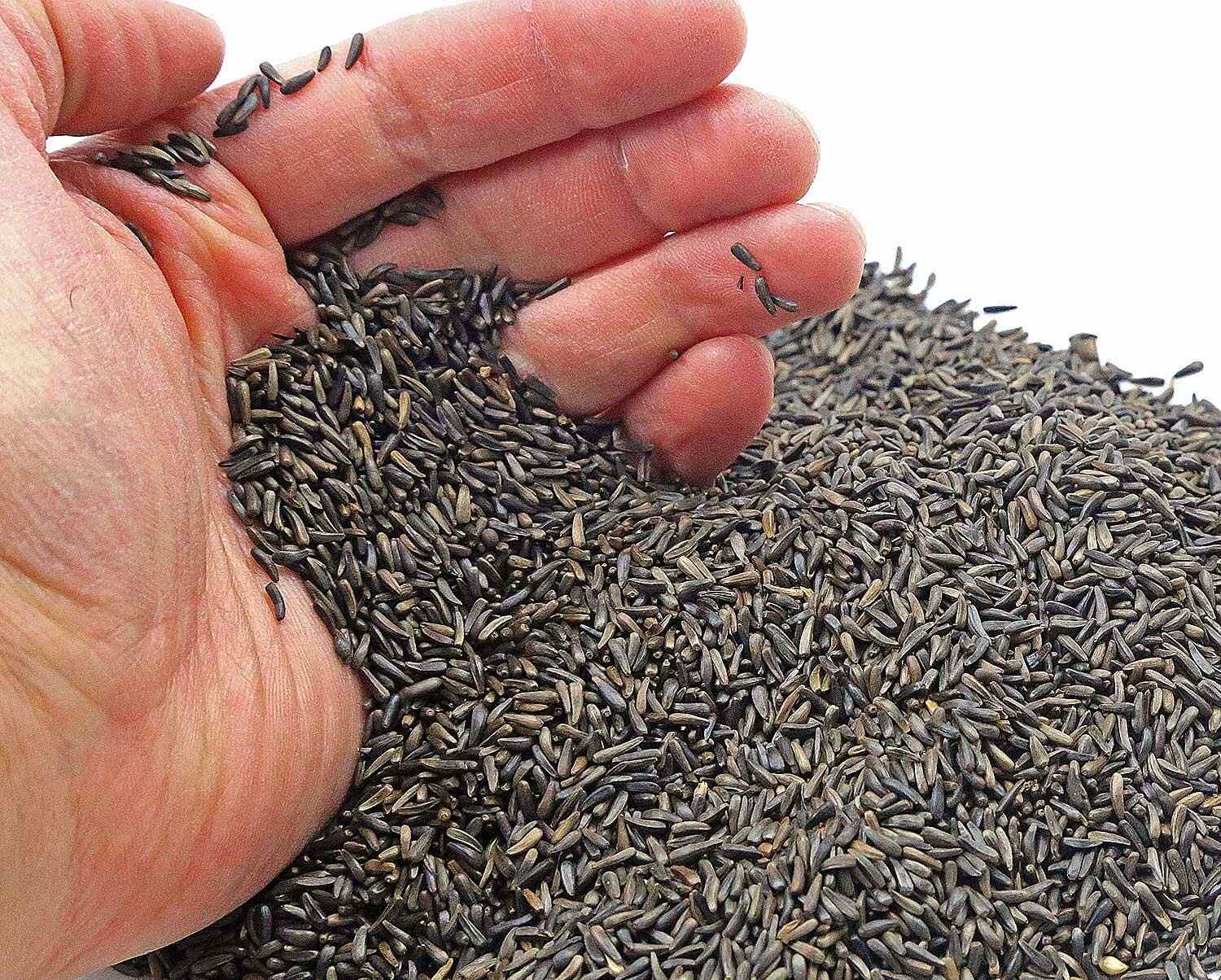
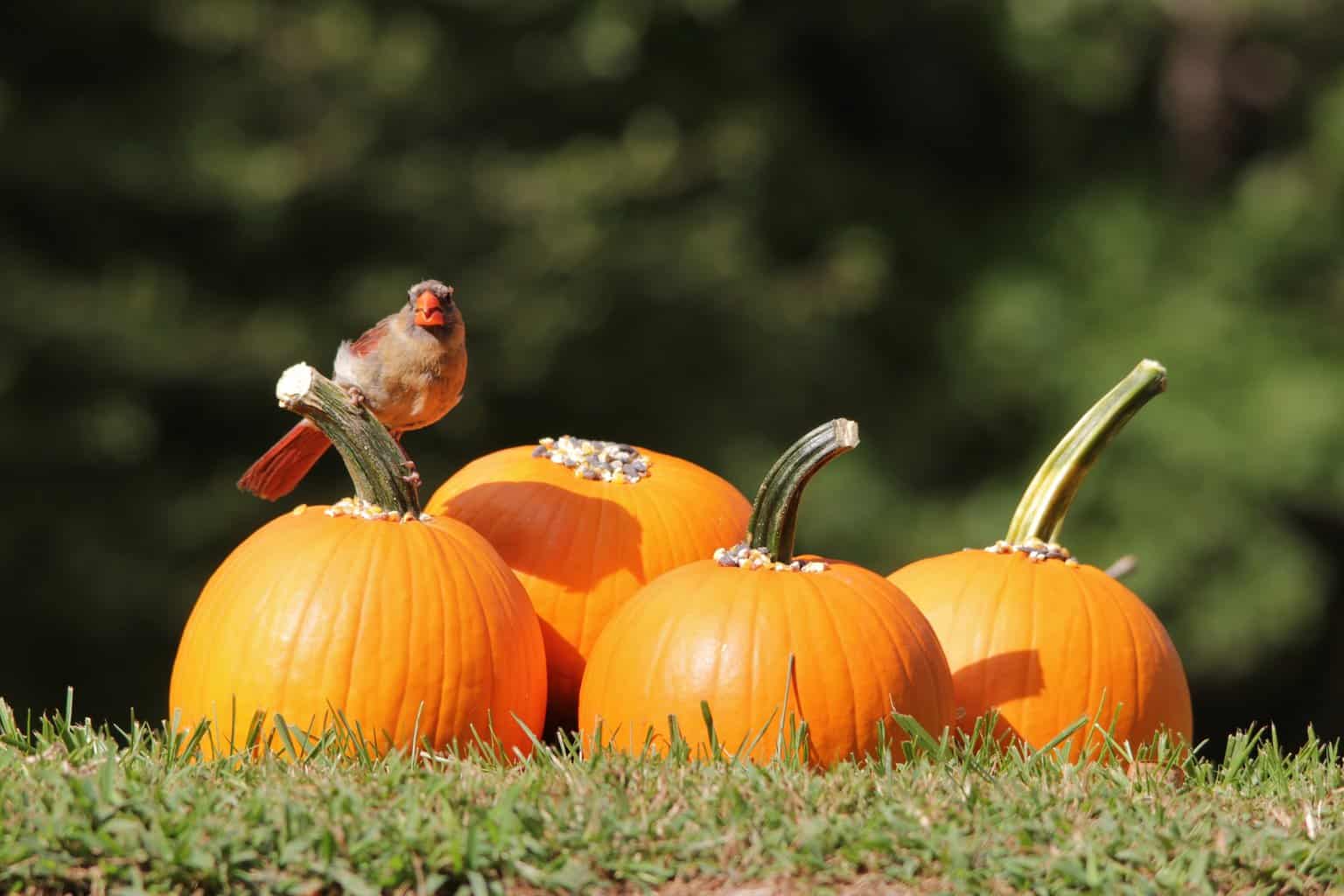
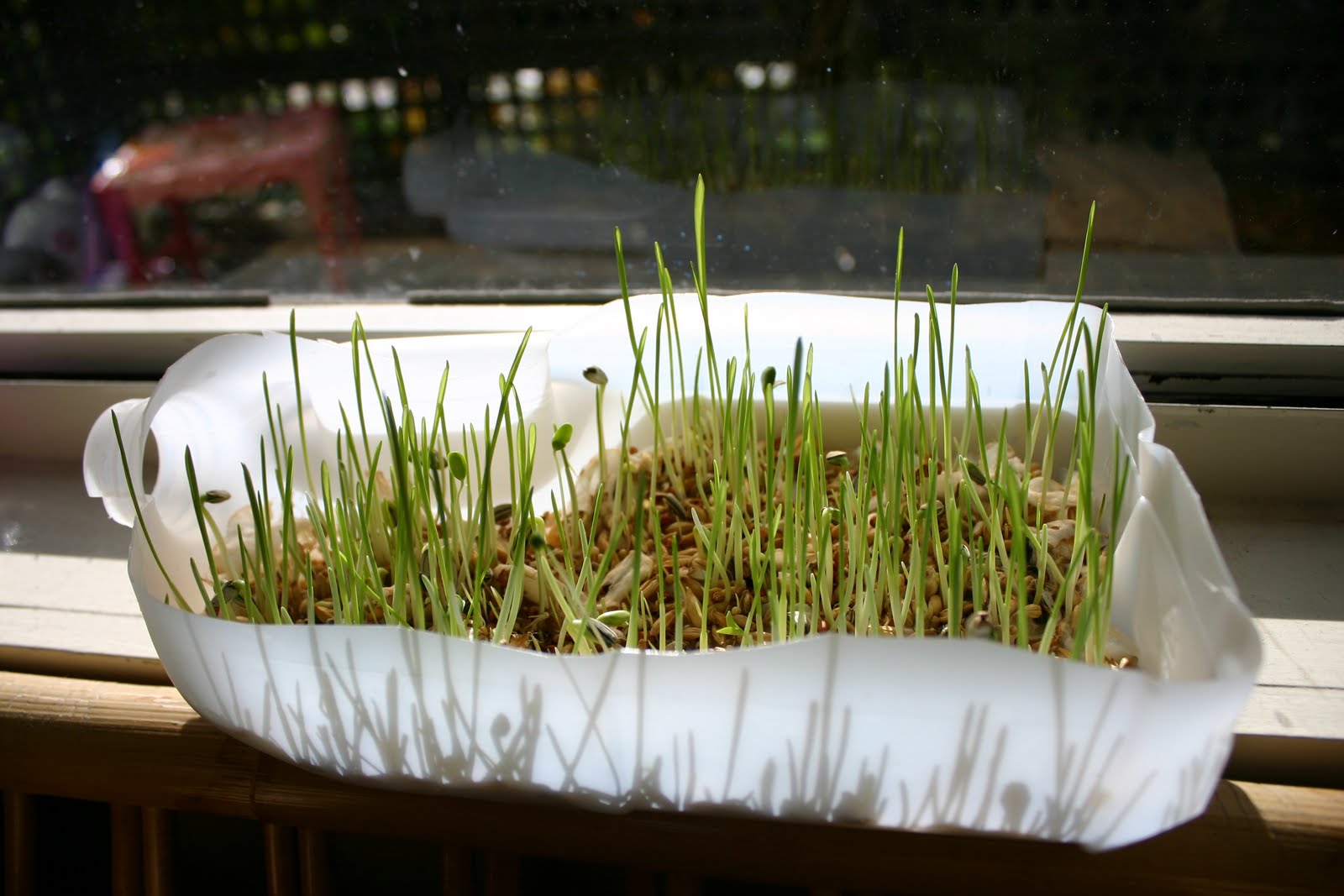
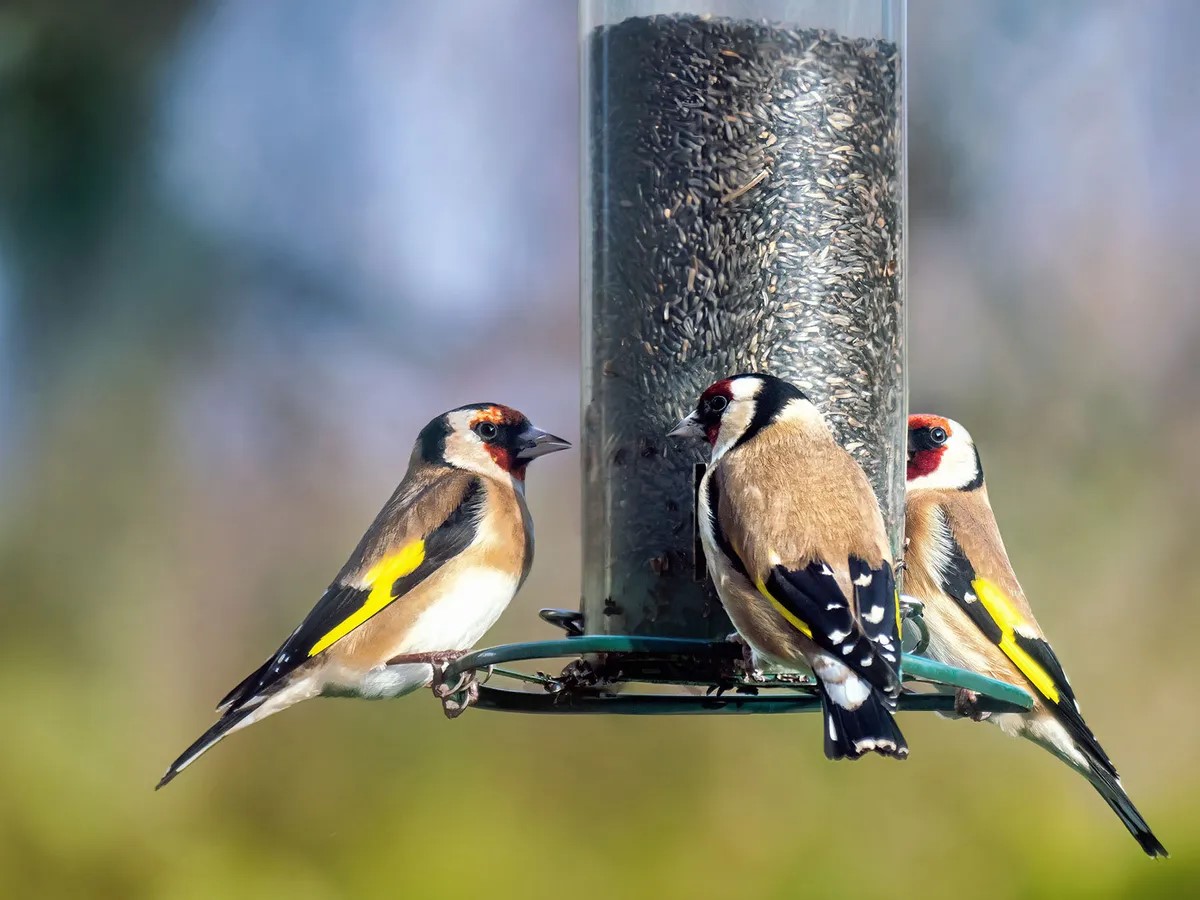
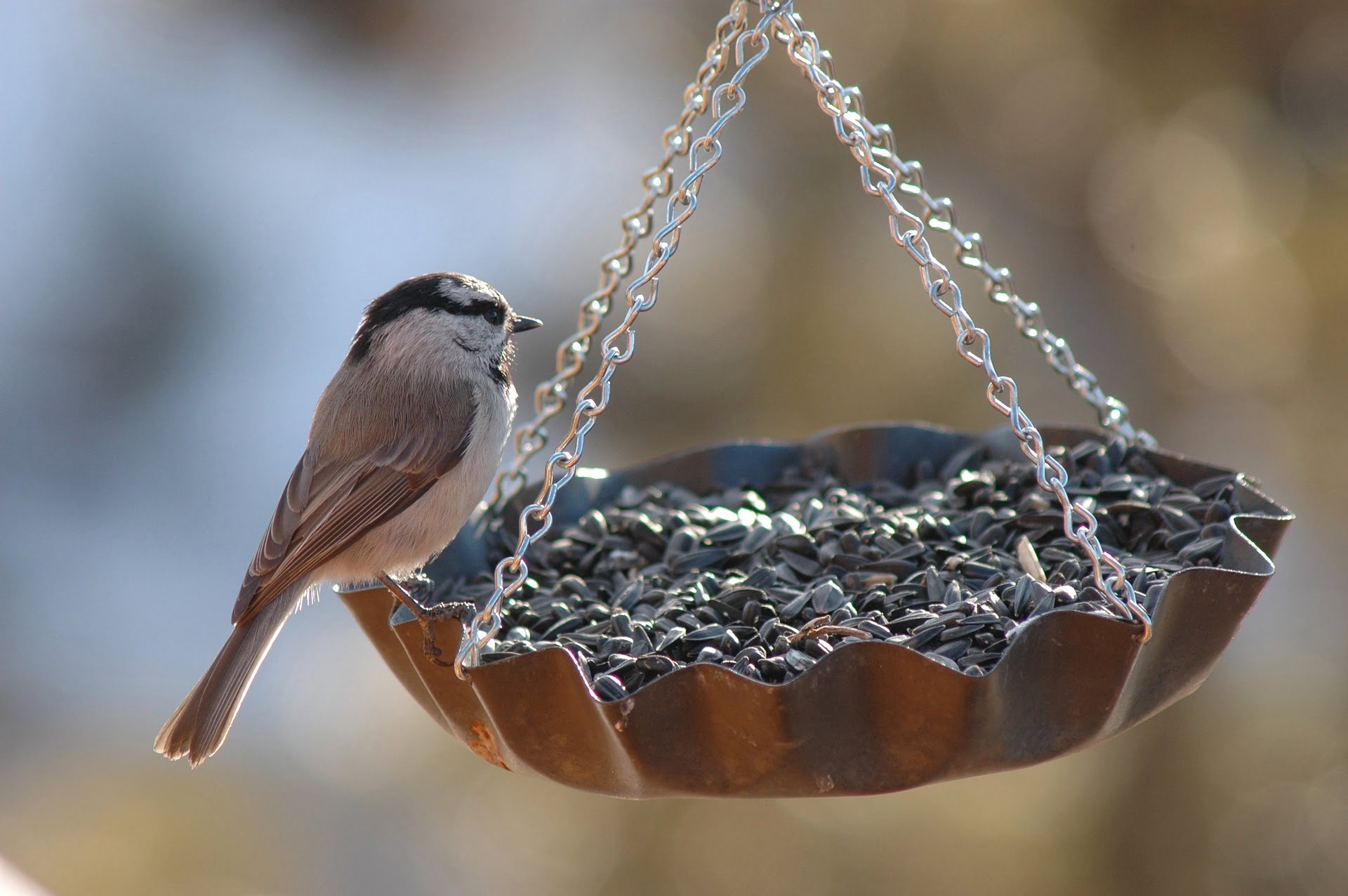
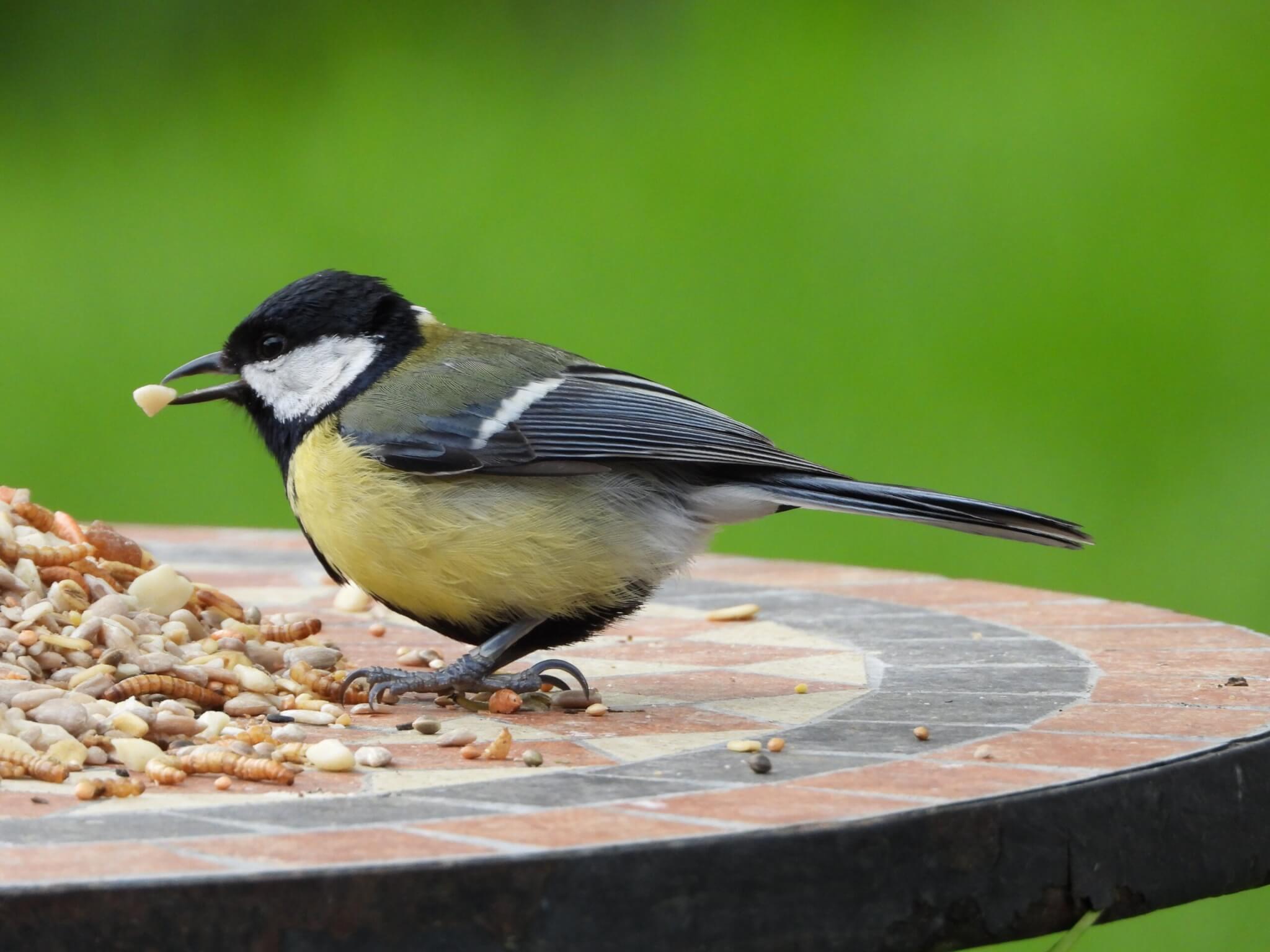
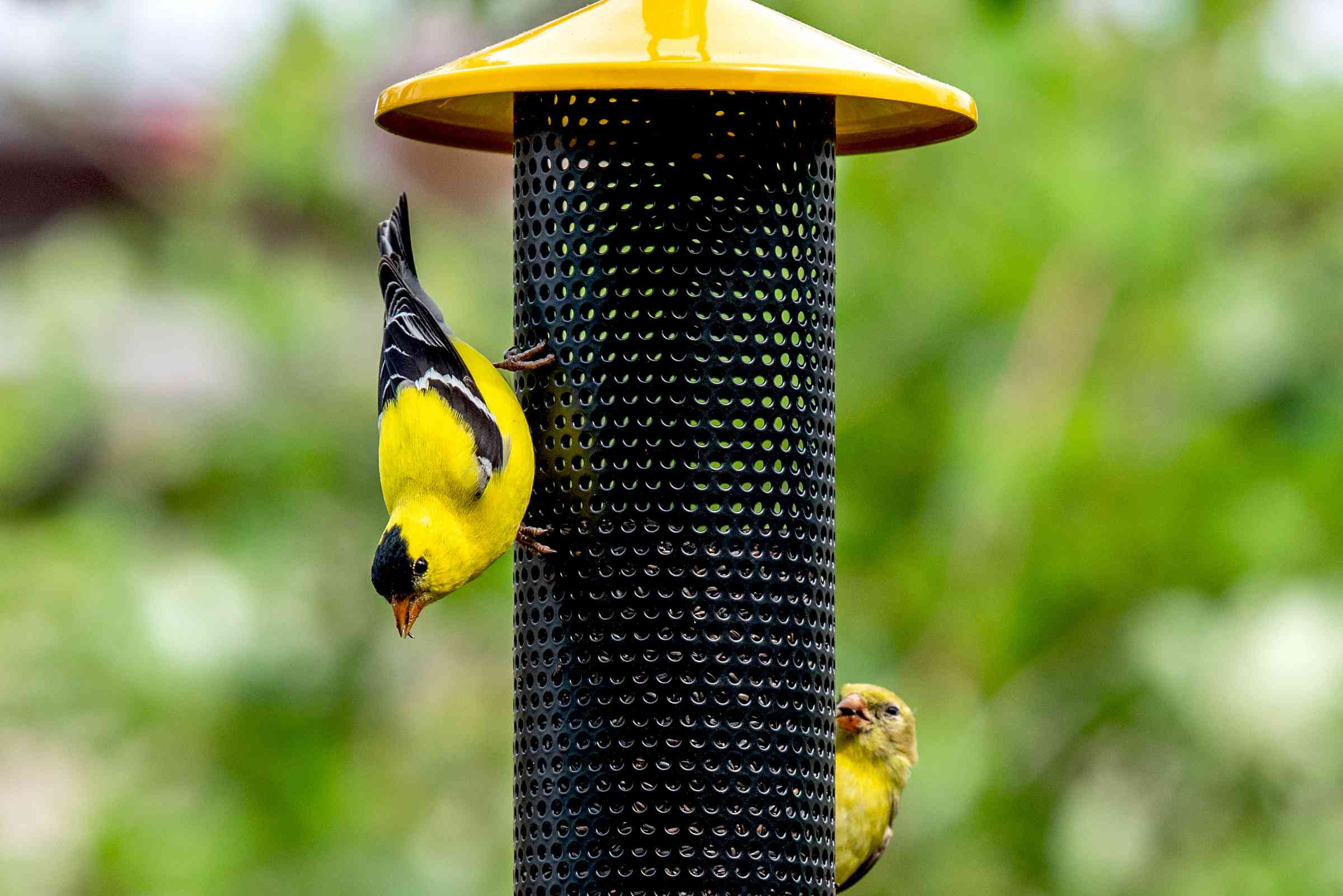
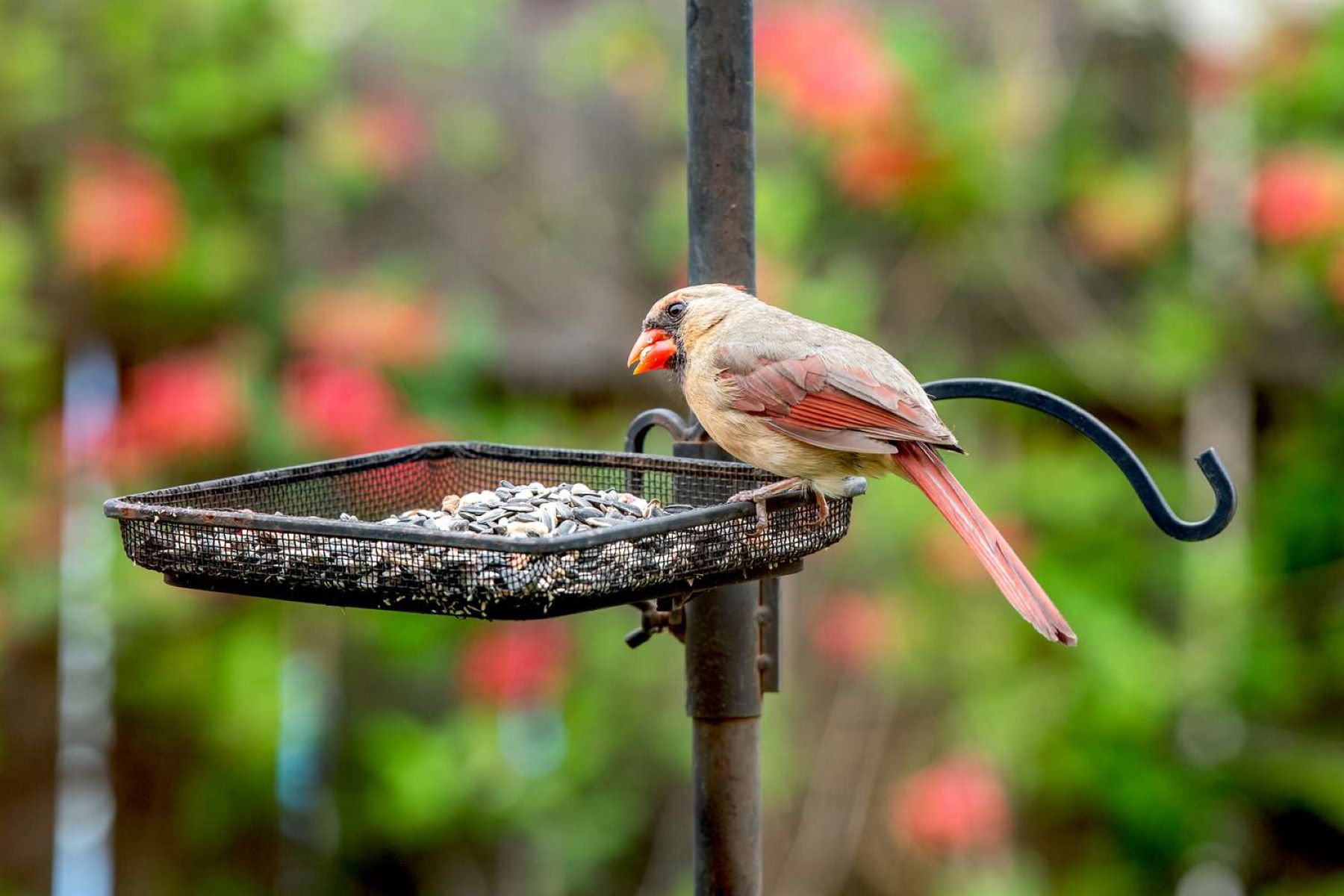
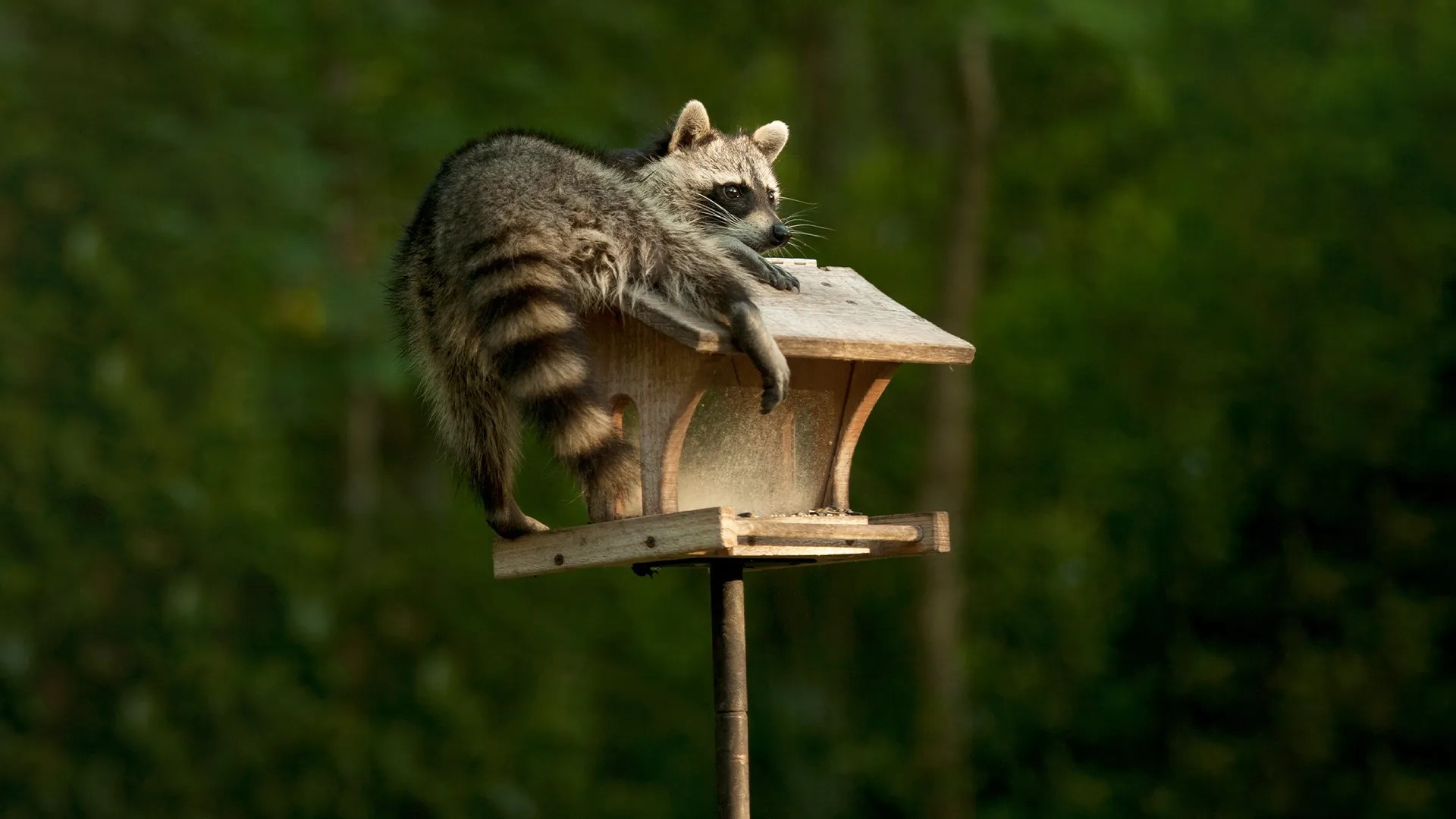


0 thoughts on “What Birds Like Safflower Seed”